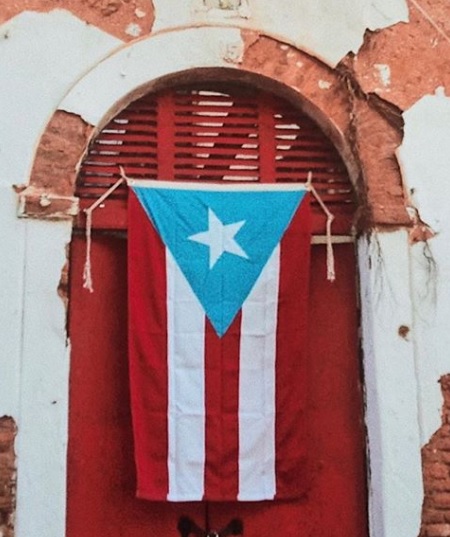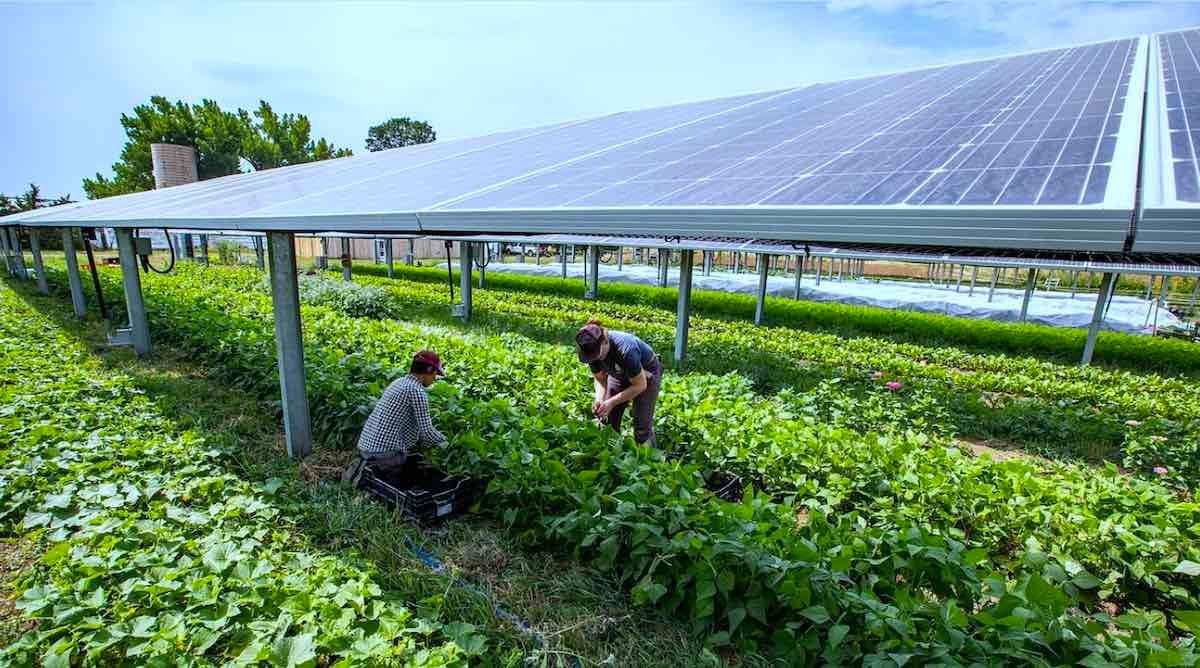
Revised Fiscal Plan to Produce Surplus this Fiscal Year
Governor Ricardo Rosselló submitted a revised fiscal plan to the Fiscal Oversight Board (FOB) last night. The revised plan projects a budget surplus at the end of this fiscal year, and a $3.4 billion surplus by the end of fiscal 2023. The Rosselló Administration believes that new federal funds for health care and hurricane reconstruction, in addition to more careful oversight of revenue collections, will provide more liquidity to the Government. More aggressive collection measures are expected to bring in $838 million by 2023, more than half of what was originally calculated in the Governor’s previous plan. In addition, the plan assumes 8.4% GNP growth by the end of fiscal 2019, which is higher than the 7.6% projected in the previous plan. The plan projects economic growth between 1.8% and 3.8% by fiscal 2023, whereas the original plan projected growth ranging from 1.5% and 2.4%.
The FOB asked the Governor for a large reserve fund and other austerity measures, which will make it impossible for the Commonwealth to pay any debt service for the first two years of the revised plan.
A copy of the revised fiscal plan can be found HERE.
Explosion Leaves 175,000 Homes Without Power
A fire at the PREPA Technical Operations Center of Monacillo caused other plants (including the San Juan Central and the Palo Seco Power Plant) to lose power Sunday evening, leaving several metropolitan areas and eastern municipalities in the dark. The fire and the subsequent chain failures caused blackouts in parts of San Juan, Bayamón, Trujillo Alto, Carolina, Guaynabo, Juncos and Caguas, among others.
PREPA explained that a switch broke down at Monacillo, exploded and caused a fire that, in turn, caused the loss of units in San Juan and Palo Seco. PREPA reported that 400 megawatts of generation were lost due to the fire.
Ángel Figueroa Jaramillo, president of the Electrical Industry and Irrigation Workers Union (Utier, per its Spanish acronym), said that the fire was probably caused by a failure in the equipment or a lack of maintenance, not necessarily by an incident related to Hurricane Maria.
Senator Warren Warns Against Statistics Institute Privatization
In a letter sent to Office of Management and Budget Director Mick Mulvaney, Massachusetts Democratic Senator Elizabeth Warren expressed her deep concern over Governor Rosselló’s proposed privatization of the Puerto Rico Institute of Statistics (PRIS). Warren asked Director Mulvaney to outline the effects of privatizing the institute on the collection of federal statistics and the implications of such a move. Warren also highlighted the history of independence and excellence that PRIS has demonstrated on a variety of issues, ranging from the disputed death toll count after Hurricane Maria, reducing Medicaid fraud, and exposing a methodology error in the Centers for Medicare and Medicaid Services’ (CMS) Medicare payment structures, which resulted in an unfair withholding of $120 million from patients, among other accomplishments. Senator Warren also praised the fact that the Institute has been able to do all of this with an annual budget of only $1 million. Please click HERE to read the full text of the letter.
Earlier this month, more than a dozen Members of Congress from both parties sent a similar letter to the Chief Statistician at OMB expressing similar concerns.
New Study Confirms Larger than Expected Migration to the States
Puerto Rico’s population is plummetting faster than originally expected, according to a study by anthropologist Jorge Duany, an expert on Puerto Rican migration and the head of the Cuban Studies Institute at the Department of Global and Sociocultural Studies at Florida International University (FIU). The study is based mainly on a telephone survey of 351 residents of the Island, conducted between January 10-12, 2018. The project details who are the Puerto Ricans living in Florida, and predicts that the magnitude of Puerto Rican migration to that state could be far larger than previously anticipated.
According to the data provided by Duany to El Nuevo Día newspaper, which published the findings in an exclusive cover story, all those surveyed had the intention of moving to the United States at some point. Sixty-five percent of respondents said that once they migrate, they planned to stay in the States indefinitely. Among the states that were selected as potential sites for migration, the majority of those surveyed (36.8%) said they would move to Florida, 26.5% to New York, and the rest mentioned states like Texas, Massachusetts, Connecticut, and Pennsylvania. Among those who said they would move to Florida, 45.7% affirmed they would settle in Orlando, 24.8% in Miami and 7% in Fort Lauderdale. Separately, 47% of those surveyed said that the economic crisis was the main reason they planned to leave Puerto Rico, 18.5% mentioned the lack of work opportunities, and 15.7% mentioned that they would move to attain a better quality of life.
According to the Census, the Island’s population dropped from 3.8 million to 3.3 million people in the past 17 years, mainly due to high rates of migration. The Census calculated that net migration from Puerto Rico to the United States grew to 311,198 between the years 2000 and 2009, and to 428,421 between 2010 and 2017.
The survey also asked about the Federal Emergency Management Agency’s (FEMA) performance in post-disaster Puerto Rico, as well as the performances of the municipalities and the Commonwealth’s agencies. Of those surveyed, 35.6% said that FEMA’s performance was good or excellent, and 51.3% said that Governor Ricardo Rosselló performed poorly or very poorly. President Donald Trump received the worst marks: 65.5% described his performance as poor. In his study, Duany also referenced the Center for Puerto Rican Studies at Hunter College in New York, which calculated that between 114,000 and 213,000 Island residents would move the next year, and that between 2017-2019, Puerto Rico would lose 470,355 residents, with the majority moving to Florida.
Regarding the political inclination of Puerto Ricans, the study validated a pattern that had already emerged: while in the entire U.S., 71.2% of Puerto Ricans identify as Democrats, 22.8% as Republicans, and 5% as independent. In Florida, the number of Puerto Ricans that are affiliated with one political party has dropped, and the number of independents has grown; the percentage of Puerto Rican Democrats dropped to 55.3%, Puerto Rican Republicans dropped to 14.1%, and the number of independents grew to 27.5%.
Share
STAY IN THE LOOP
Subscribe to our free newsletter.
La organización BoricuaActivatEd celebró su séptimo aniversario con reconocimientos al líder de la red evangélica Esperanza y de la comunidad boricua de Filadelfia, Luis Cortés, y el legendario artista Antonio Martorell. Cortés, premiado por su
tudy: Economy leading factor for Puerto Ricans moving to Florida A new survey unveiled Monday in Washington, D.C. sheds new light on factors contributing to Puerto Ricans moving to the state of Florida. The Puerto
New federal funds for solar, battery storage announced The Department of Energy (DOE) on Thursday announced a conditional commitment to finance new solar and battery storage facilities on the southern coast of Puerto Rico. The investment




